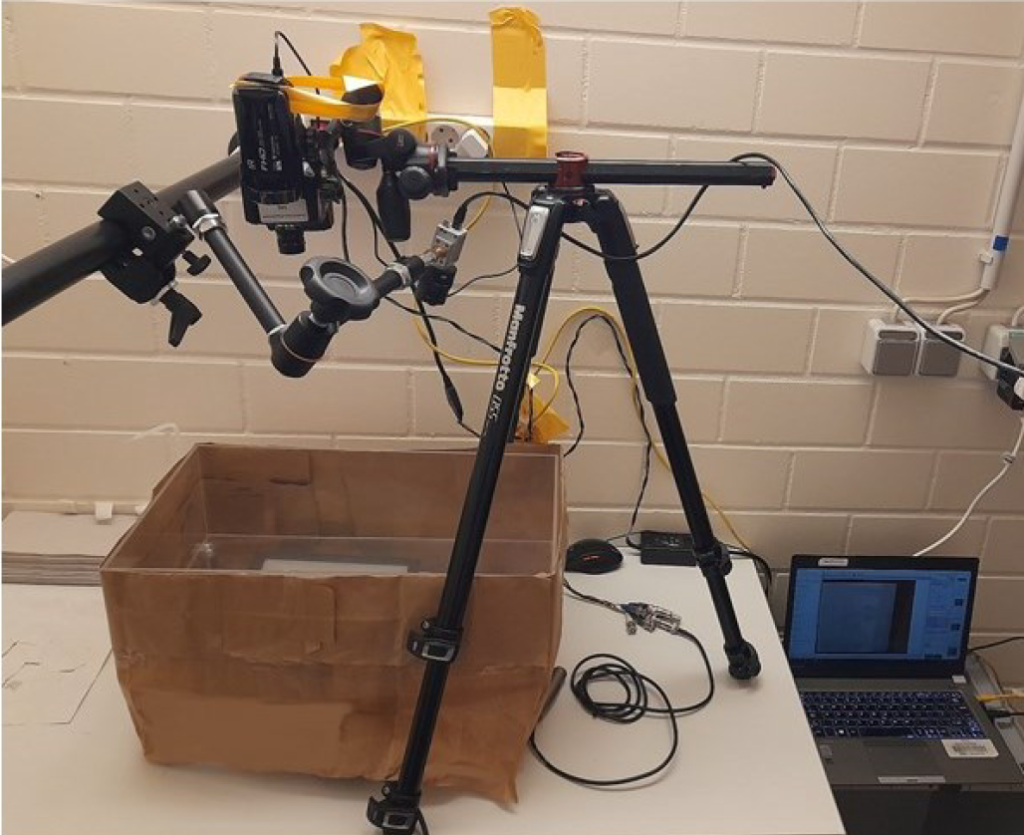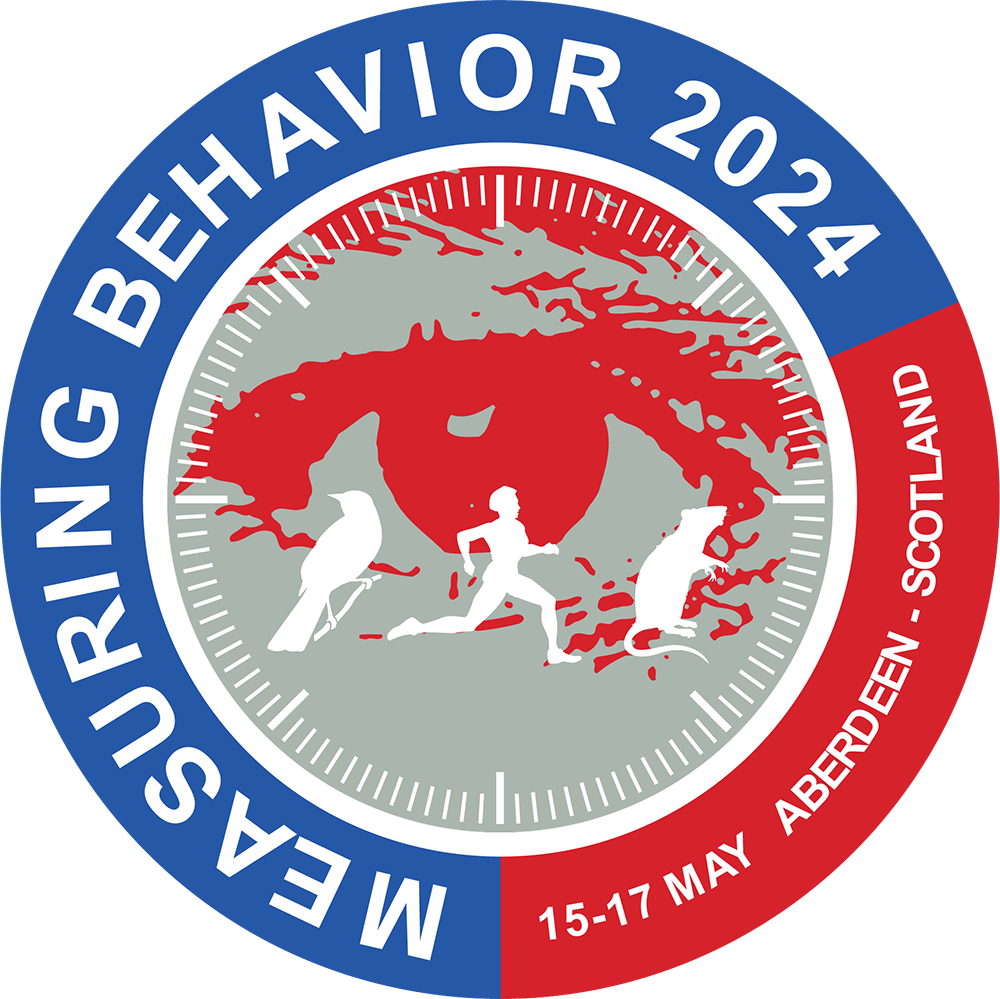The general session Behavioral Tests is spread across three sub-sessions (all chaired by Gernot Riedel) as follows:
Wednesday 15th May, Meeting Room 7, 10:-00 – 10:40
10:00 – 10:20 Mahesh Karnani – Measuring motivational switching in mice using open-design: the Switchmaze
10:20 – 10:40 Eline Eberhardt – Interobserver Reliability and Validity for Video-based Clinical Behavior of Canines in Preclinical Safety Studies
Wednesday 15th May, Meeting Room 7, 14:00 – 15:00
14:00 – 14:20 Thilo Womelsdorf – Translational Validity of Assessing Cognitive Control and Memory Functions in Nonhuman Primates Using Gamified Tasks
14:20 – 14:40 Rebecca Grut — Sniffing Out Pigs Immediate Perception of Novel Odours (Pig Odour Hedonics)
14:40 – 15:00 Tereza Nekovářová – Measuring Episodic Memory in Preschool Children
Thursday 16th May, Meeting Room 7, 10:00 – 11:00
10:00 – 10:20 Robyn Grant – From labs to zoos to the field: mammalian whisker and avian rictal bristle behaviour
The most popular species for studying facial sensor touch is the laboratory rat, with their whiskers. Other species of mammals and birds are relatively understudied. The ability to apply lab observations of rats, and then apply to different species in a zoo and field setting has many benefits. This approach allows us to make more detailed and focused studies in the field, so we can start to answer questions about animal welfare, evolution and function.
10:20 – 10:40 Ugne Simanaviciute – Developing novel whisker movement tests to examine object-related exploration and habituation in Reeler mice
Assessment of whisker-related exploratory movements in rodents offers a non-invasive alternative to existing methods. We applied the protocol to Reeler mice with a complex behavioral phenotype. Standard whisker analysis reveals minimal differences, prompting the development of two new tasks. High-speed video observations in an open field show habituation effects on both wildtype and Reeler mice. Additional camera highlights object avoidance in Reeler mice. Whisker movements prove valuable but necessitate customized approaches in subtle mouse models.
10:40 – 10:50 Veronika Borbélyová – Age- and Sex-Related Behavioral Changes During the Lifespan of Wistar Rats
Human aging is associated with lower activity, higher anxiety, and cognitive decline. In Wistar rats, age-related behavioral changes have been demonstrated mainly by comparing the behavior of young rats to adult or old rats considering only males. Experiments dealing with age- and sex-dependent behavioral changes in Wistar rats throughout their lifespan are lacking. The present study aimed to evaluate age and sex-related changes in the behavior of Wistar rats from young to old age.
10:50 – 11:10 Ashwin Miriyala – Neural Control of Odour Seeking Behaviour In the Fruit Fly
Modern psychology tells us that our behaviours arise from inherited and learned traits. Seminal studies in the fruit fly Drosophila melanogaster provided a conceptual and experimental framework towards understanding how genetics and experience underly behaviours. Recent development of sophisticated genetic approaches combined with the ability of flies to learn associations between odours and rewards or punishment, permit a detailed study of how genes provide the nervous system with innate behaviours and the capacity to learn.

 Measuring Behavior
Measuring Behavior